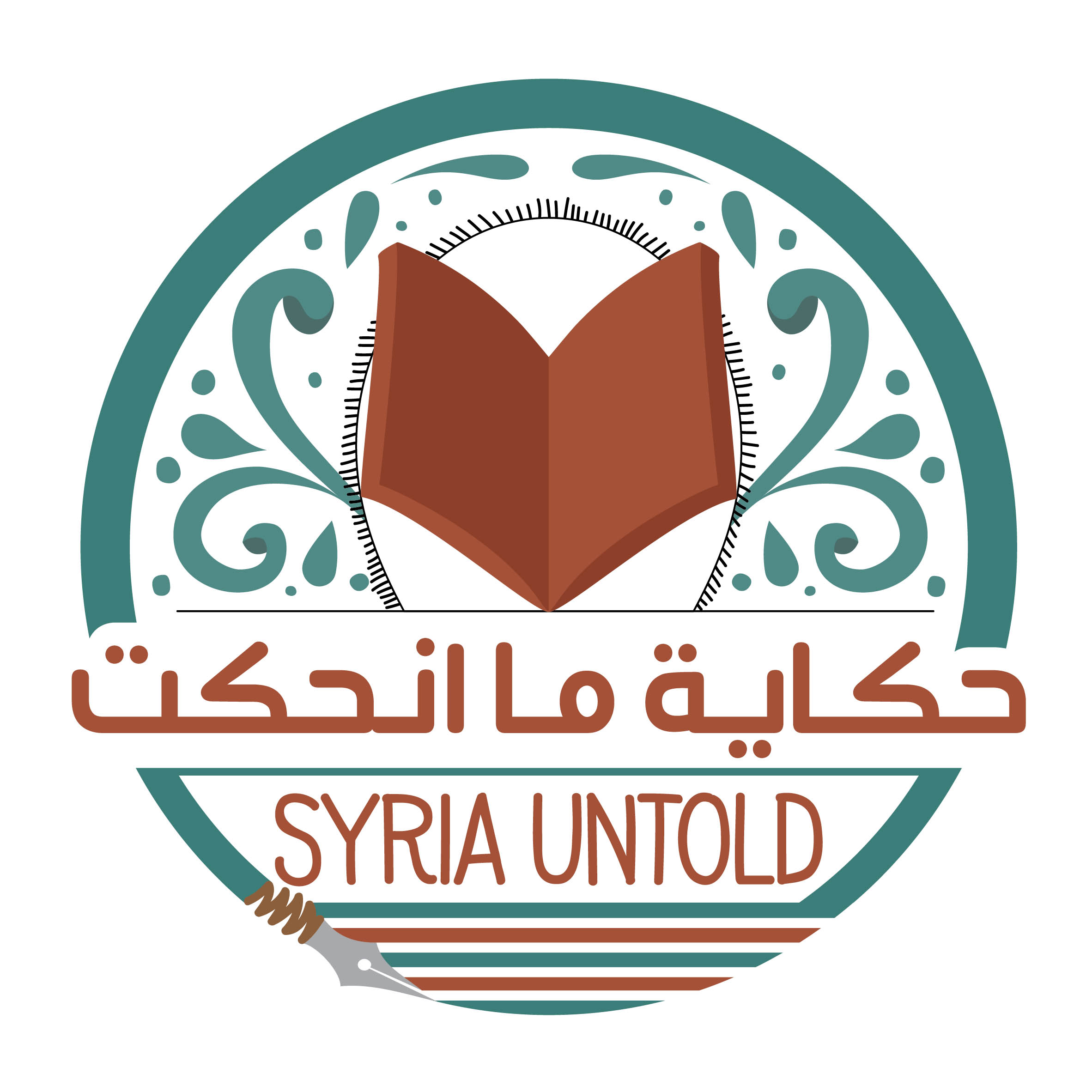Syria’s Roads: Waiting For Investors (Enab Baladi)
Written by: Dia Odeh – Murad Abdul Jalil (Enab Baladi’s Investigation Team)
"According to al-Kareem, the revenues that the Syrian regime will receive from the operation are due to the redevelopment of the infrastructure. Since the Syrian regime’s government is incapable of carrying out this operation, so it is necessary to open the door to foreign investments.
The second advantage is the Syrian regime’s participation in part of the investments, and thus will be a future beneficiary from the fees that will be imposed on the passers-by. Besides, the third gain will be reviving the economy and recovering it from the collapse, especially in the agriculture and trade sectors."
Into the Fire (Carnegie Middle East Center)
Written by: Maha Yahya
“Security clearances and vetting mechanisms have been employed by the security agencies to block return. Currently, approval for the return of refugees and internally displaced populations is carried out by Syria’s National Security Bureau, which coordinates the work of Syria’s intelligence agencies. For example, in Darayya, a town near Damascus, refugees or internally displaced Syrians who wish to return have to apply for permission through the local council. Requests are then forwarded to the National Security Bureau, and if they are approved applicants receive a monthly residence card. Yet even under such controlled conditions, many applications have been rejected.”
A War of Messages in Syria (The Arab Weekly)
Written by: Baha al-Awam
“The war of messages began when the first Russian fighter flew over Syria four years ago. At that time, the world interpreted Moscow's message that Russia was there to fight terrorism but, to this day, Russia's terrorist lists in Syria have not been closed.
Russia continued to pursue “terrorism” in Syria and Damascus's opponents continued to respond to the Russians' messages in a manner focused essentially on protecting their interests and not on helping the Syrian opposition or on finding a solution to a crisis that has arguably become the most complex in modern Middle East history.”
Erdogan Doesn’t Want Nukes, He Wants to Blow Up the System (War on the Rocks)
Written by: Aaron Stein
“For Turkish decision-makers, Washington’s disapproval is not enough to alter Ankara’s outreach to Moscow. Take Erdogan’s decision to purchase the S-400 air and missile defense system. From the outset of Turkish cooperation with Russia, the United States cautioned Ankara that an agreement with the Russian government would have serious consequences. As the deal proceeded, but before actual delivery, American warnings became more pointed, with Washington warning that Turkey would face economic sanctions and lose access to the F-35 fighter jet — an aircraft Ankara had helped produce and from which it stood to benefit through its role in future co-production contracts. Instead, when forced to choose between the S-400 and F-35, Ankara chose air defense over a stealth fighter. This decision was not made in a vacuum. Ankara has a policy process, and that process resulted in the top-down choice to purchase Russian rather than American equipment.”
Is Belarus Scheming Against Russia's Reconstruction Policies in Syria? (Al-Monitor)
Written by: Igor A. Matveev
“Syria has established active bilateral business councils with both Russia and Belarus as part of its effort to establish business-to-business connections and generate mutual projects with the two countries. Yet a few Syrian entrepreneurs from medium-sized companies, who spoke with Al-Monitor not for attribution, said there are more favorable conditions for business travel to Belarus than to Russia, including obtaining the procedures to receive entry visas. Some businesspeople inaugurated small investment projects in the Belarusian countryside for organic food production by first purchasing former Soviet agro-farms. In 2018, the trade between Belarus and Syria grew to $41.1 million (with Belarusian exports worth $37.7 million, compared with just $6.3 million in 2017). In January-May of this year, the mutual trade was greater than $16 million (with Belarusian exports at $12.6 million). Interestingly, Syrian duty free shops became filled with Boss and other brands of Belarusian (but not Russian) vodkas, competing with the French vodka Grey Goose.”
A Forgotten Camp in Syria Could be the Birthplace of ISIS' Revenge Generation (CNN)
Reporting by: Arwa Damon, Kareem Khadder and Brice Laine
“Al-Hol is a sprawling encampment for those displaced from the former ISIS territory in northeastern Syria. Wind and sand blow mercilessly against tents in the scorching heat of the Syrian summer. About 15% of the inhabitants here are foreigners, but the international community has for months neglected the camp. And as living conditions worsen, nostalgia for ISIS' rule is beginning to brew.”




